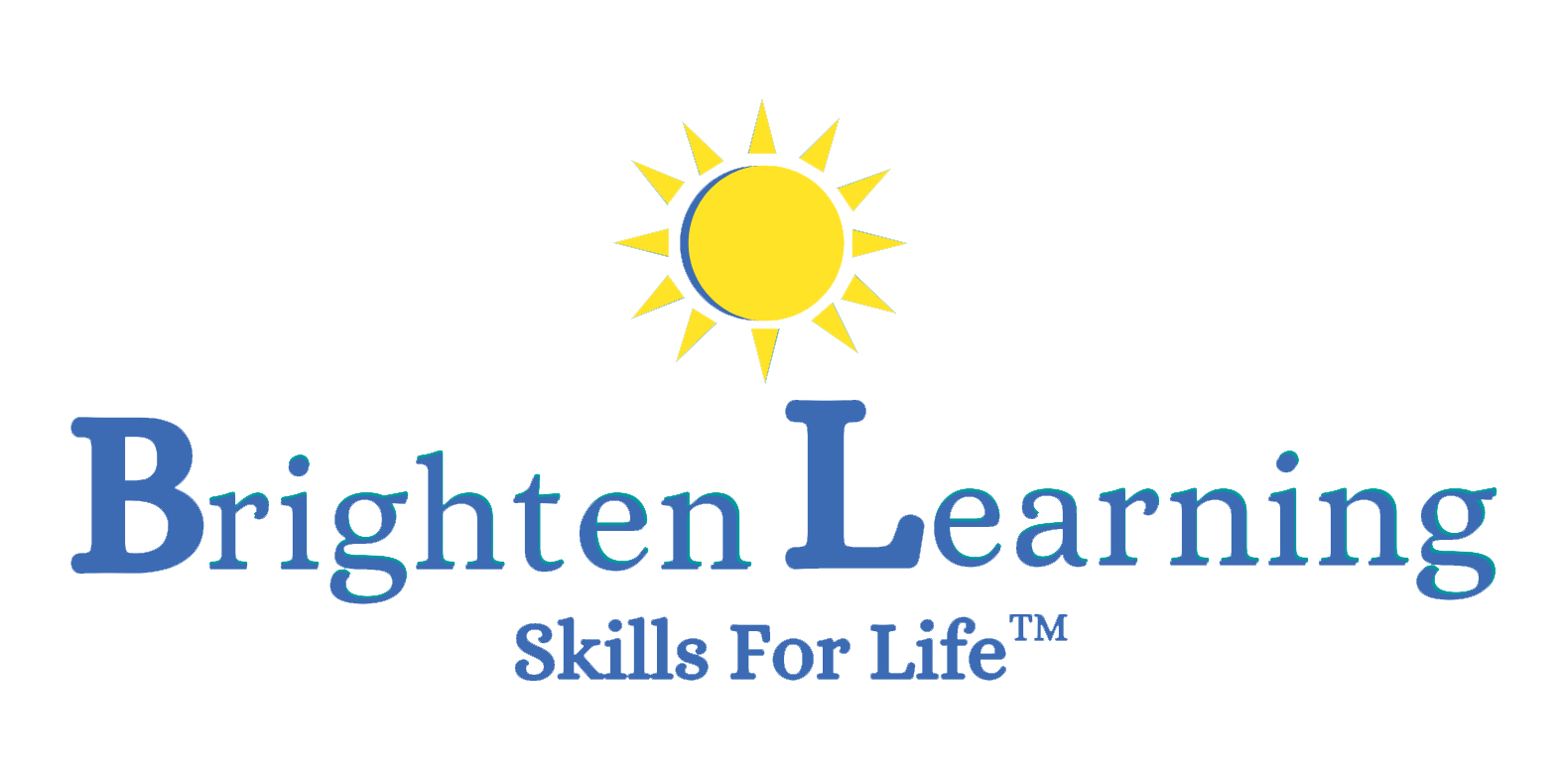Social Skills Lessons: Helping Your Child Make Friends
As a parent, it is heart wrenching if your child struggles socially and having difficulty making friends at school or on the playground. You want to immediately solve the problem. You may want to rush to talk to the school, the other children and anyone else who can help.
You instinctually want to help your child to be included and not feel left out.
You wish you knew the exact reasons for your child’s inability to form social relationships. After all, making friends with his classmates is a crucial life skill!
I’m a dad of twins who struggle socially and I’ve been in your shoes. You may feel helpless and not know where to start, once you realize your child is having difficulty making friends with his peers.
Based on my experiences, here are some steps you can take and begin to help your child to overcome his social skills struggles.
7 Steps to Help Your Child Make Friends
1. Uncover the specific barriers getting in the way of your child making friends. Paint a complete picture of exactly what’s causing your child to struggle socially.
The best way to help him is to first do your homework and identify his specific social deficits. Consider who else can give you firsthand observations about your child’s attempts to make friends.
Other adults who work with your child at school or in after school activities are often in a better position than you to pinpoint problems. They observe your child’s experiences in social situations with other kids.
When I asked my boys’ teacher about their ability to interact socially with the other children what I heard was “your boys typically play by themselves and not with the group”
2. Talk with your child about the problem. Ask easy questions to uncover exactly what’s bothering him. Find out how he feels. Ask him to tell you about the things taking place during recess and other peer group interaction activities, like sports or birthday parties. Gently get him to tell you the whole story. Allow several days, or longer, to get to the bottom of his feelings. Carefully pull out from him the details of his inability to interact socially with his peers. You may not be able to uncover your child’s social deficits overnight. Be patient with him and with yourself.
3. Develop and maintain a close working relationship with your child’s teacher. I always view my children’s teachers as members of “my team”. It’s in the best interest of your child if you work with his teacher as a partner in your child’s development. That way, when you’re in need of help, the door will be open for you.
Talk with your child’s teacher about his social challenges. Make sure she knows you’re open to hearing any kind of feedback that will help your child. Tell her that you’ve noticed that your child’s inability to make friends is impacting him outside of school.
4. Get input from other adults who interact with your child. Keep an open mind and have the same conversation with other adults who work with your child. Talk with coaches, family members, counselors, therapists and others who observe your child interacting in groups with other children. Obtain as much feedback as you can from the other adults who observe your child regularly.
5. Clarify your child’s social deficits. Then work on them one at a time. He might have difficulty making and keeping eye contact, comfortably joining a group of kids playing, starting a conversation with his peers or staying on topic. Other social skill deficits could be staying with the group or choosing appropriate coping strategies. Using effective eye contact and good conversation skills are common social deficits for kids.
6. Prepare a social skills lesson plan. Put together what you’ve learned from your conversations. Your child’s social skills lesson plan is similar to the IEP you may have for your child’s reading, math or science skills. (An IEP is an Individualized Education Plan.) List the type of social skills interactions you’d like him to improve or develop from scratch. For my wife and I, one of the ones we’re currently working on with the boys is to say, “hi” or “good morning” to their Safety Patrol peers.
Finding Effective Social Skills Lessons
I initially learned about the importance of social skills lessons when our twin sons began mainstream kindergarten. (You can read how we accomplished mainstreaming here.)
This was before apps and interactive learning programs were widely available. I searched everywhere for an online, interactive social skills learning program. There were none at the time. That’s what led me to develop The Social Express. (But that’s another story.)
7. Point out good social skills modeling behaviors to your child. Explain to your child good examples of social skills in action by other kids his age. Here’s one way to start the social skills conversation with him, “That was nice that Jennifer asked Billy about his trip to the zoo. What do you think about asking Billy which animals he liked best?” And, of course, PRAISE him in a big way for any good social skills action he takes!
I believe you should work with your child as much as possible when it comes to improving his social skills. We all know that having friends is huge! At any age, but it’s especially important for school age children to make friends. I wish you the best of luck in your project to help your child to improve his ability to make friends.
–Marc
If you’re looking to help your child learn social skills, our online engaging animated program may benefit your child. Parents tell us that kids love the Hollywood style animation and characters and actually ask to use The Social Express!
To see how The Social Express works, click here.
If you’d like to try our 10-day, no risk trial, click here.


